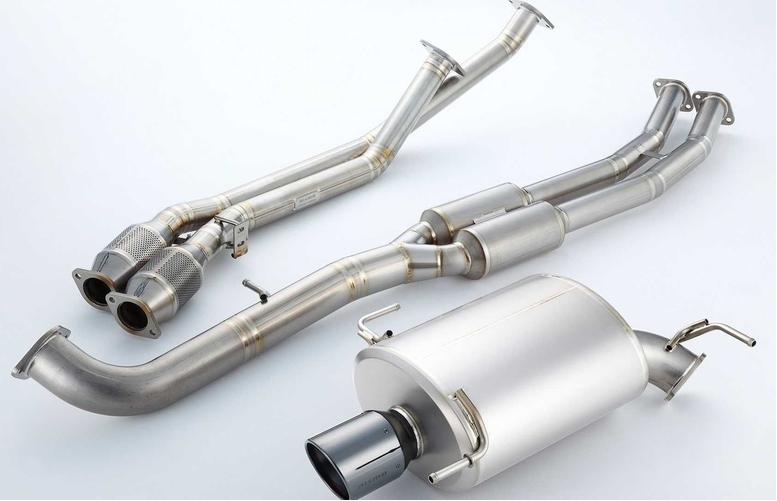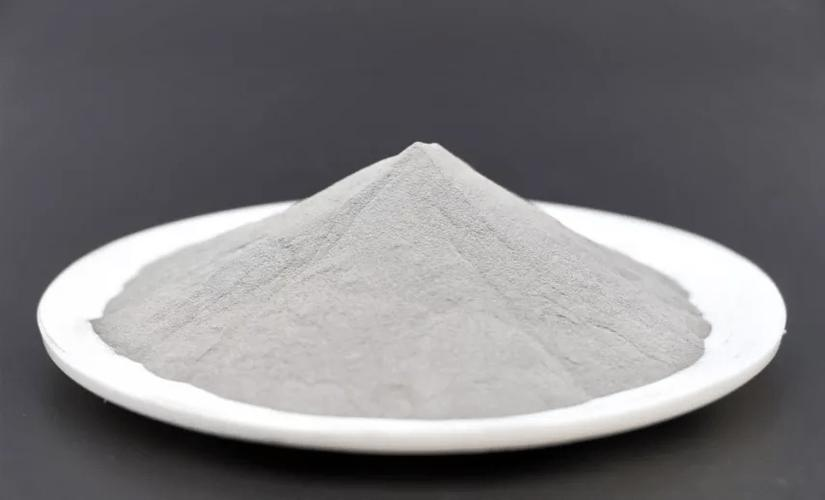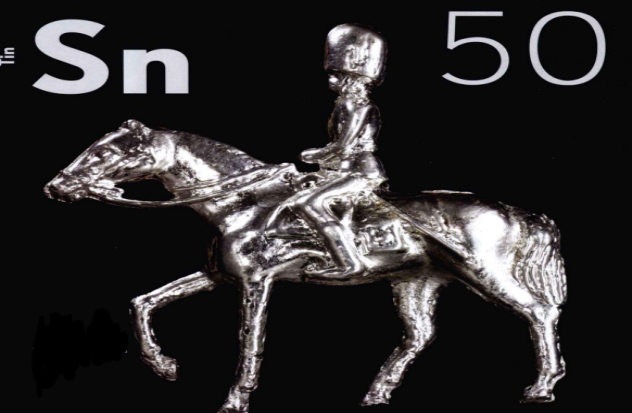1. Introduction
Titanium powder—often referred to as ti powder—is far more than just a fine metallic dust. With its exceptional strength-to-density ratio, corrosion resistance, and biocompatibility, it’s become a cornerstone material in cutting-edge industries like aerospace, medical implants, and additive manufacturing. Whether you’re looking to buy titanium powder for research, industrial use, or 3D printing, understanding its varieties, costs, and sources is essential.

In this guide, we’ll break down everything you need to know about titanium powder: how it’s made, what it’s used for, current market prices (including titanium powder price per kg), and where to find reliable titanium powder suppliers worldwide.
2. What Is Titanium Powder?
Titanium powder is a finely divided form of titanium metal, typically produced through specialized metallurgical processes. Unlike bulk titanium, which is dense and hard to machine, titanium powder offers versatility in manufacturing—especially in powder metallurgy and additive techniques like selective laser melting (SLM).
It’s important to distinguish between different forms: pure titanium powder, titanium alloy powder (like the widely used ti6al4v powder, also known as ti64 powder), and compounds such as tio2 powder (titanium dioxide), titanium nitride powder, and titanium carbide powder. Each serves distinct purposes based on chemical composition and particle morphology.
2.1 Common Types of Titanium Powder
- Pure titanium powder: Used in chemical processing and biomedical applications due to high purity and reactivity control.
- Ti6Al4V powder: The most popular titanium alloy powder for 3d printing titanium powder applications, especially in aerospace and medical devices.
- Spherical titanium powder: Ideal for additive manufacturing because of its excellent flowability and packing density.
- HDH titanium powder: Made via the hydride-dehydride process; cost-effective but irregular in shape, often used in pressing and sintering.
- Gas atomized titanium powder: Produces spherical particles with high purity, preferred for high-performance 3D printing.
- Titanium nanopowder and tio2 nano powder: Used in catalysis, sunscreens, and advanced ceramics.
- Specialty powders like titanium diboride powder (TiB2), titanium boride powder, and tih2 powder serve niche roles in composites and pyrotechnics.
- Note: ‘Titanium flash powder’ and ‘burnt titanium powder coat’ are not standard industrial terms and may refer to pyrotechnic mixtures or surface residues—not commercial titanium metal powders.
3. Key Applications of Titanium Powder

Titanium powder uses span multiple high-tech sectors. In additive manufacturing, titanium powder for 3d printing enables complex, lightweight parts that would be impossible with traditional machining. The medical field leverages titanium 3d printing powder for custom implants, thanks to its biocompatibility.
Beyond 3D printing, titanium metal powder is used in:
- Powder metallurgy for automotive and aerospace components
- Thermal spray coatings (sometimes combined with materials like titanium coated diamond powder)
- Production of titanium alloys and master alloys
- Catalysts and pigments (primarily using tio2 powder, not metallic ti powder)
4. Pricing and Market Considerations
The titanium powder price varies significantly based on purity, particle size, morphology, and alloy type. For example, titanium powder for 3d printing price can range from $300 to over $800 per kg, while standard hdh titanium powder may cost less.
Key pricing benchmarks include:

- Pure titanium powder: ~$150–$400/kg
- Ti6Al4V powder price: ~$350–$800/kg depending on certification and sphericity
- 3d printing titanium powder price is generally higher due to stringent quality controls
- Titanium diboride price and titanium carbide powder costs differ as they’re ceramic compounds, not pure metals
Factors influencing titanium powder cost include production method (gas atomization vs. HDH), batch size, and supplier location. International titanium powder markets also fluctuate with raw material availability and export regulations.
5. Where to Buy Titanium Powder
When you’re ready to buy titanium powder, choosing a reputable titanium powder supplier is critical—especially for sensitive applications like medical or aerospace. Look for suppliers offering certified materials with traceable chemistry and particle size distribution.
Many global vendors provide titanium powder for sale in various grades, including spherical, irregular, and nano forms. Always verify if the supplier meets ASTM or ISO standards for your intended use—particularly for titanium powder additive manufacturing.
6. Related Advanced Metal Powders
While titanium powder dominates lightweight high-strength applications, other refractory metal powders play complementary roles:
- Molybdenum powder (moly powder): Used in high-temp furnaces; includes variants like molybdenum disulfide powder (mos2 powder), molybdenum carbide powder, and tzm powder.
- Tungsten powder: Extremely dense and heat-resistant; available as pure tungsten powder, tungsten carbide powder, and spherical tungsten powder. Global Tungsten & Powders Corporation is a major player in this space.
These materials—molybdenum metal powder, tungsten metal powder, and their derivatives like ws2 powder or moly disulfide powder—are often compared to titanium in wear-resistant or high-temperature contexts, though they serve different niches due to density and cost differences.
7. Safety and Handling Notes
Fine titanium dust can be flammable or even pyrophoric under certain conditions, so proper handling in inert atmospheres is crucial. Always follow OSHA and manufacturer guidelines when working with titanium metal powder or similar reactive powders like tungsten carbide dust.
8. Conclusion
Titanium powder is a versatile, high-value material driving innovation across aerospace, healthcare, and advanced manufacturing. Whether you need ti64 powder for a 3D-printed jet component or pure titanium powder for research, understanding the types, costs (like titanium metal powder price), and trusted suppliers ensures you make informed decisions. As additive manufacturing grows, so too will demand for high-quality, spherical titanium powder—making now an ideal time to explore this dynamic market.
Our Website founded on October 17, 2012, is a high-tech enterprise committed to the research and development, production, processing, sales and technical services of ceramic relative materials such as Titanium. Our products includes but not limited to Boron Carbide Ceramic Products, Boron Nitride Ceramic Products, Silicon Carbide Ceramic Products, Silicon Nitride Ceramic Products, Zirconium Dioxide Ceramic Products, etc. If you are interested, please feel free to contact us.
